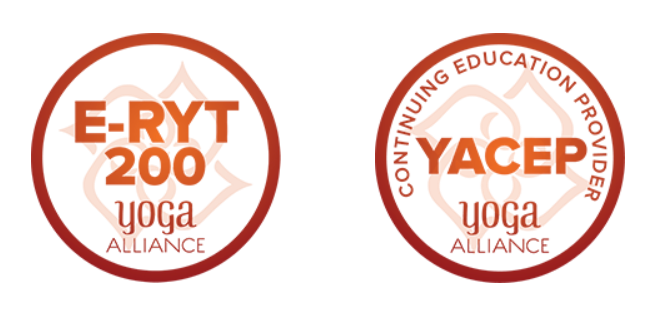
YS 111 | Women and Yoga: A History of Female Practitioners
Available for Self-Study
ENROLLMENT OPTIONSCourse Description
Where are all the women in the history of yoga? What traditionally has been the role of female practitioners? How have the gendered demographics of yoga changed over the millennia?
This online course offers a broad survey of the history of female yoga practitioners drawing on rich narrative and visual accounts of practitioners. We will bring this historical material into conversation via key themes and analytical approaches. The course explores gender from metaphysics to bodily maps and probes how these relate to lives lived. Participants are asked to dialogue with the material explored, to challenge their perceptions and motivations to practise and study.

Course Modules
Module 1 — Herstory
Module 2 — Haṭhayoginīs
Module 3 — Blood: Locating Female Practitioners
Module 4 — Dynamics of Gender in Modern Yoga
Students Will Receive:
- 4 Pre-recorded Video + Audio lectures (90 min)
- 4 Pre-recorded Q&A sessions (90 min)
- 4 ACP Credits
- 12 Hours of CE credit with YA
- Course Syllabus (PDF)
- Weekly Readings (PDF)
- 4 Multiple Choice Quizzes
- Yogic Studies Certificate (PDF)
- Access to the private Community Forum
Dr. Ruth Westoby
Junior Research Fellow in Jaina Studies at the Oxford Centre for Hindu Studies
Dr. Ruth Westoby is a researcher in yoga and Asian Religions and a yoga practitioner. Ruth is also an Associate Researcher at Inform, based at King’s College London, researching menstruation in contemporary religions. Ruth holds a PhD from SOAS University of London on ‘The Body in Early Haṭha Yoga’ (2024), supervised by Professor James Mallinson and Dr Richard Williams, funded by CHASE-AHRC and awarded without corrections. Ruth is currently working on a book project from her doctoral thesis ‘Reversing Reproduction in Haṭha Yoga’. Her research focuses on the materiality of the body and sexuality from critical theoretical and medical humanities perspectives. She works with Sanskrit textual sources and participant interviews.
Ruth has published early research findings in the peer-reviewed Religions of South Asia (2021) and numerous public articles. She teaches MA ‘Theory and Method in the Study of Religion’ alongside undergraduate courses as Visiting Lecturer at Roehampton University (2023-2026). As a practitioner Ruth collaborated with the SOAS Haṭha Yoga Project (2015-2020) interpreting postures from an 18th-century text teaching a precursor of modern yoga, the Haṭhābhyāsapaddhati. See enigmatic.yoga for publications.
This course is eligible for 12 hours of Continued Education (CE) credits with Yoga Alliance

Stay Informed
Sign up for the Yogic Studies mailing list to find out first about upcoming courses, podcast episodes, promotions, events, and the latest research delivered straight to your inbox.


